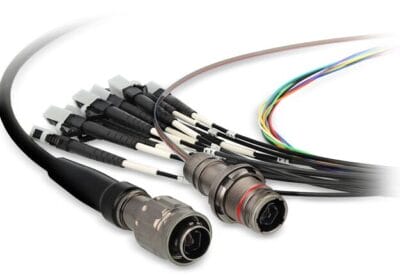Technology is making huge changes to the world around us, and logistics services are not immune. There are some massive opportunities to create more efficient supply chains and faster-moving warehouses to increase capacity with minimal investment. Here are just a few of the ways any logistics firm can leverage emerging technologies to streamline workflow and increase output.
Smarter Tech For Smarter Management
Every logistics firm has to take compliance seriously. The number of miles a vehicle covers in a set amount of time is limited by regulations to help keep roads and drivers safe. This can generate a lot of paperwork and managers have to spend time communicating with their fleet to keep their data up to date. Software and mobile connectivity are changing that forever, and streamlining the process for logistics firms.
It is now possible to utilise remote tachograph download software to speed up compliance and fleet monitoring. With FleetGo you can download your tachograph files and driver cards whenever you need them, and create an auditable data trail that you can use to monitor and track your fleet. The data is stored in an online cloud server for up to 10 years, making it easy to access.
Smart Warehousing
There is a huge amount happening in any warehouse at any time. Picking, packing, receiving, and sending, as well as storing, are all crucial parts of the supply chain’s process and the quicker they are completed, the greater the capacity of the warehouse. Technology can help streamline these processes and save logistics and warehousing firms time and money. By using customisable software and Internet of Things (IoT) tech, managers can drive efficiency on the shop floor and automate workflow.
Every package can be a part of a network, and its progress through the warehouse can be monitored at all times. It can even help workers locate packages and shipments easily, making massive time saves and creating extra capacity for the warehouse. The faster you can move products, the more space for products you have.
The Supply Chain And The Blockchain
Many people associate blockchain technology with cryptocurrency and internet memes, but blockchain tech is actually a form of digital ledger. It can be applied to a number of different industries including logistics and warehousing. A blockchain can be used by multiple users across a network to track and process products across huge spaces.
Inventory can be added to the blockchain before it reaches a warehouse, and every movement it makes can be recorded. This creates valuable data that managers can use to plan workflow and react to changes or challenges in the warehouse and all along the supply chain. Data in the blockchain can only be added to or amended, and never deleted. This makes it a robust and reliable way to manage inventory and workflow, and it will become crucial to the logistics industry in the near future.
All of these technologies have a vital role to play in the future of logistics services, and the firms that do not adopt them will get left behind by those that do. Take a look at your firm and think how it could benefit from the blockchain, Internet of Things, and fleet management and compliance software.








